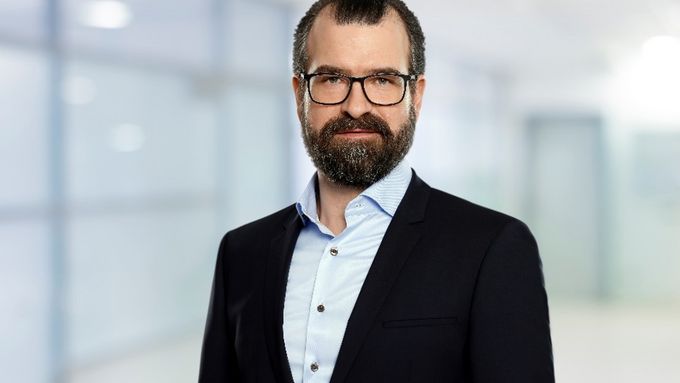What does circular economy mean?
The circular economy is a production and consumption model that aims to share, lease, reuse, repair and recycle existing materials and products for as long as possible in order to extend the life cycle of products. This minimizes waste and the resources and materials are largely retained in the economy at the end of a product's service life to continuously generate added value.


